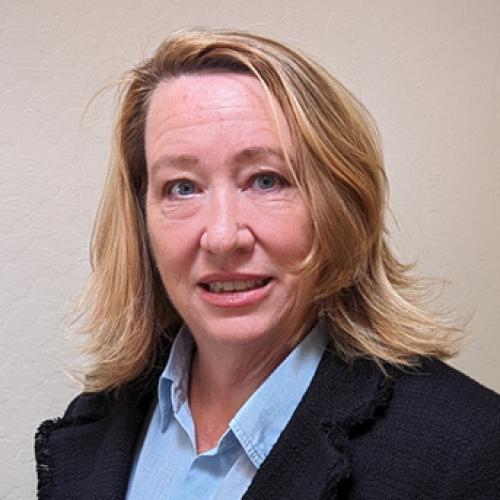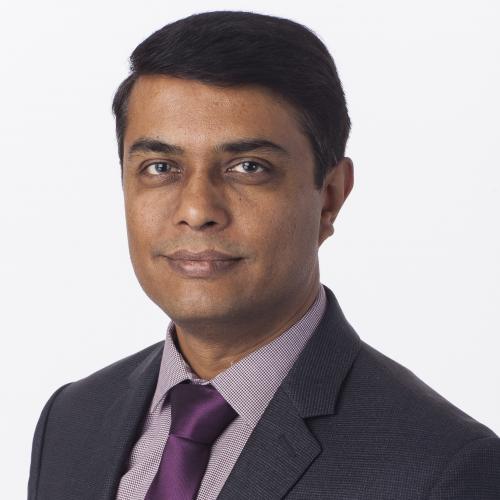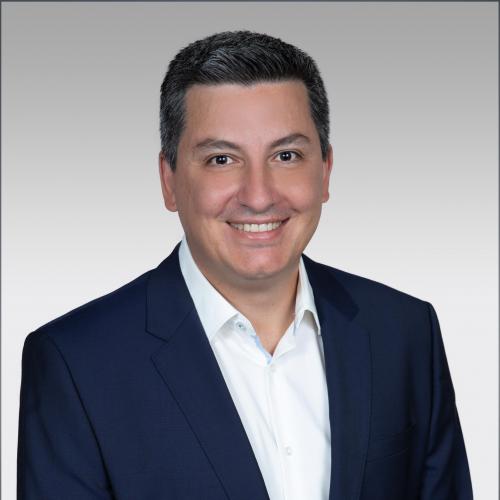AI is transforming not just what chips can do, but how we design them. This panel of top investors and semiconductor leaders will explore how AI is accelerating chip development, lowering barriers to entry, and expanding who can participate in the next era of hardware innovation.
AI is emerging as a true collaborator—capable of reasoning through design trade-offs, iterating architectures, and navigating verification alongside human engineers. This comes at a time when chip development is costly and complex, often taking 3–5 years and over $100M, with a looming shortage of 1 million skilled workers by 2030. Startups face even higher hurdles compared to industry giants with vast data and teams. Can AI level the playing field and make chip creation faster, cheaper, and more accessible?

Sally Ward-Foxton
Sally Ward-Foxton has been writing about the electronics industry for more than a decade. As a freelance journalist she has published articles in EE Times, Electronic Design Europe, Microwaves & RF, ECN, Electronic Specifier: Design, IoT Embedded Systems, Electropages, Components in Electronics and many more. She also supplies technical writing and ghostwriting services to several of Europe's leading PR agencies. She holds a Masters' degree in Electrical and Electronic Engineering from the University of Cambridge, UK.

Laura Swan
Laura is in charge of portfolio company management at SCV. Laura is a Managing Partner with Silicon Catalyst and the Vice President of Operations for Silicon Catalyst Angels as well as an investor with Sand Hill Angels and a founding partner of The Batchery, a tech incubator in Berkeley California.Laura earned her Master Degree in Electrical Engineering from the University of Wyoming (Go Pokes!).

Arun Venkatachar

Stelios Diamantidis
Stelios heads Synopsys' AI Solutions team in the Office of the President, where he researches and applies innovative machine-learning technology to address systemic complexity in the design and manufacturing of integrated computational systems. In 2020, Stelios launched DSO.ai™, the world’s first autonomous AI application for chip design. He has more than 20 years of experience in chip design and EDA software and has founded two companies in this space. Stelios holds an M.S. Electrical Engineering from Stanford University, California.